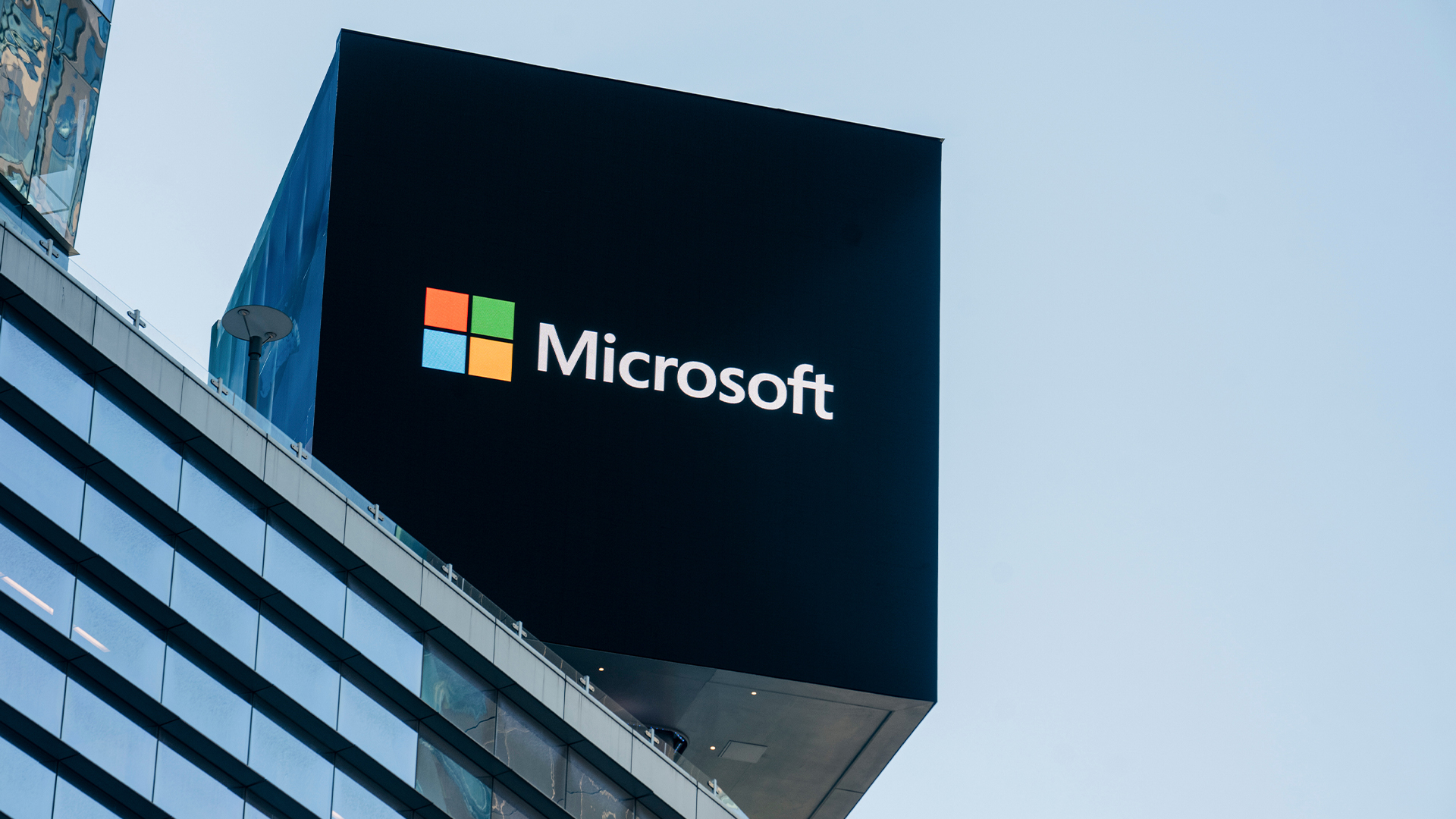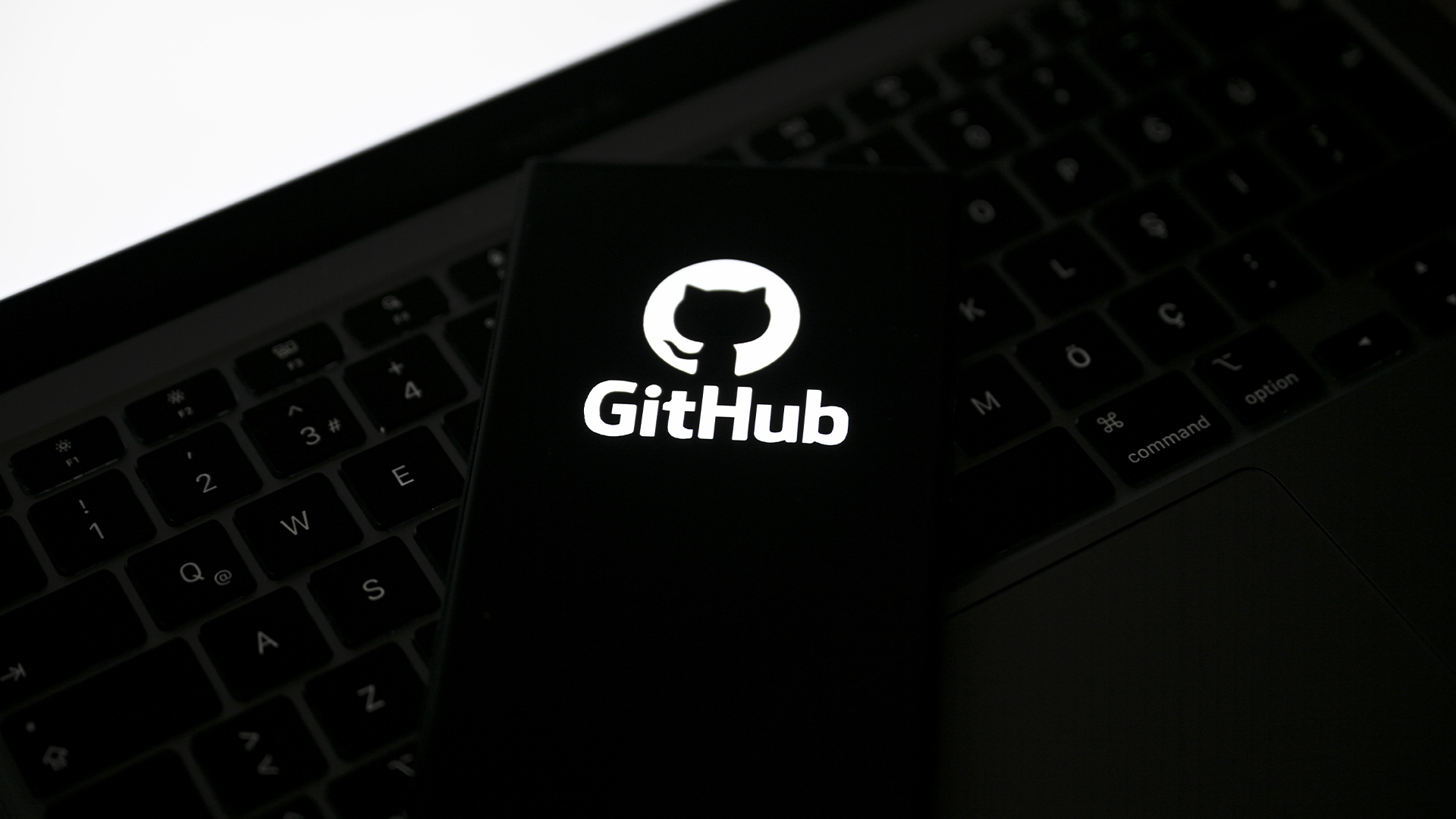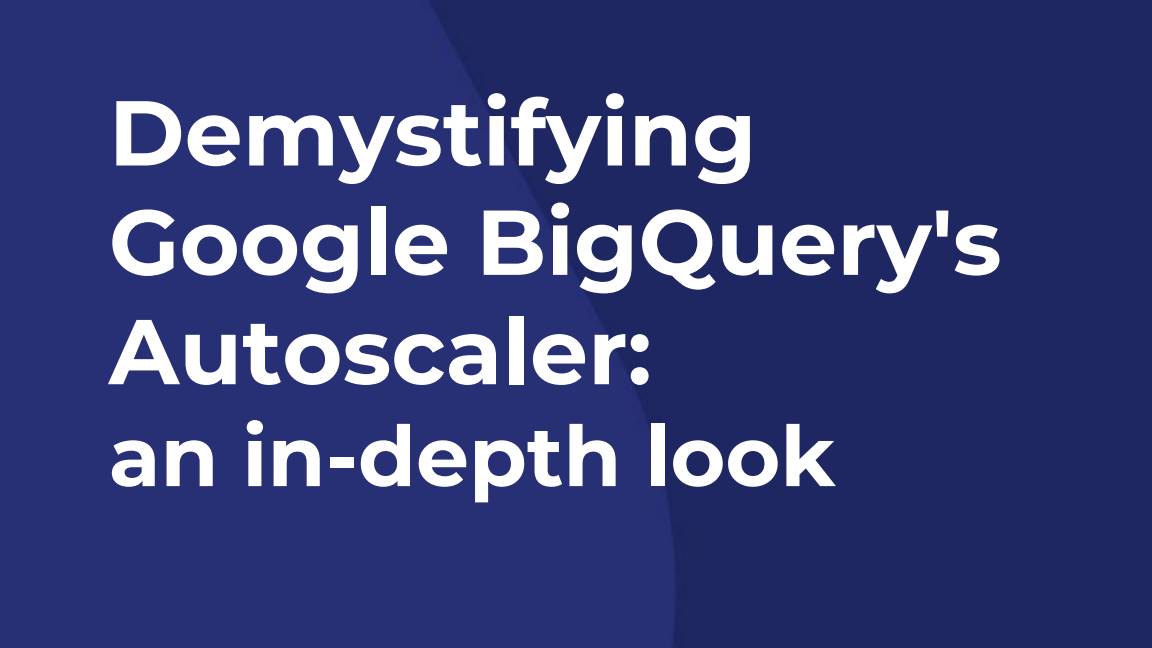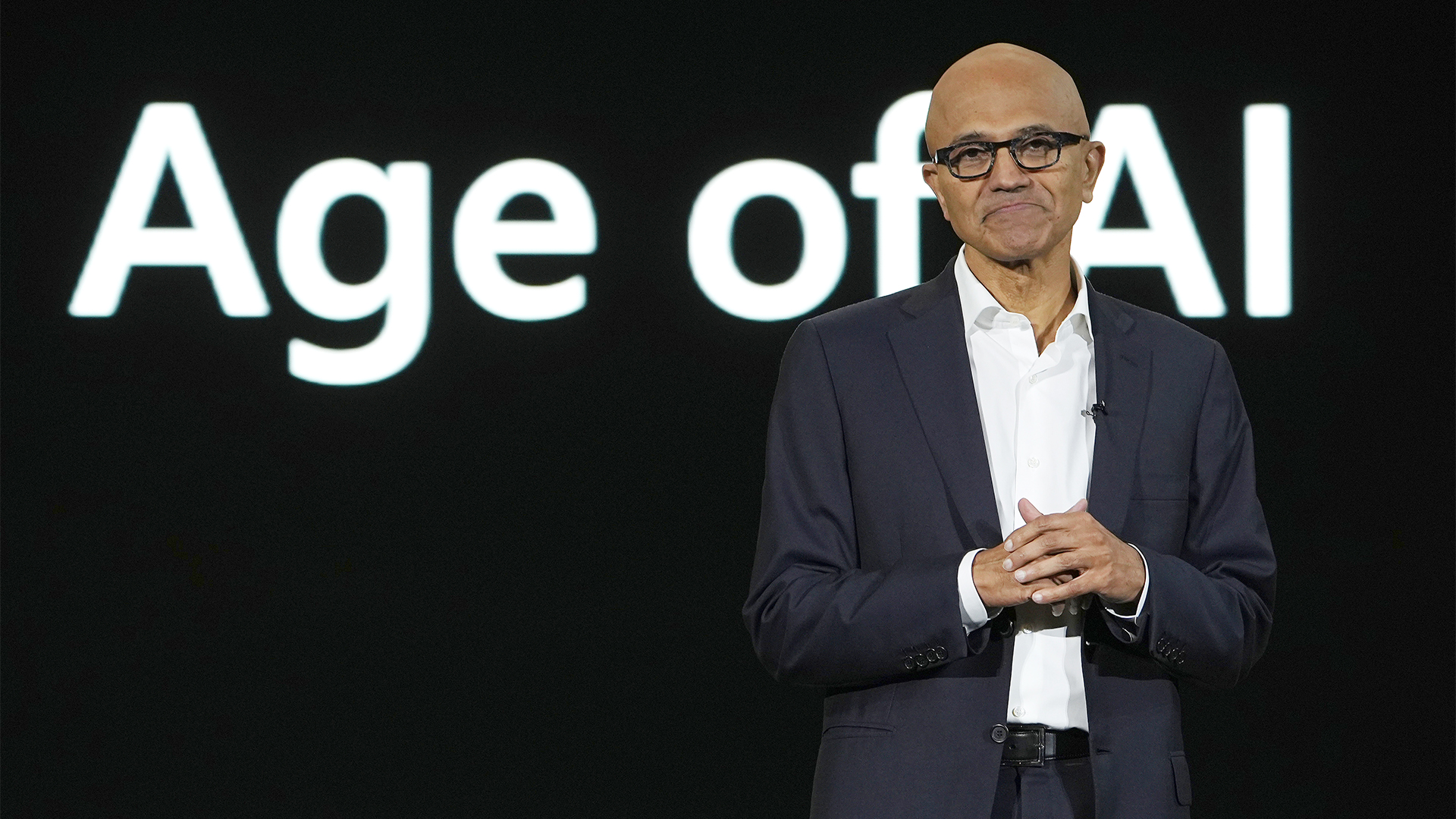Microsoft Build 2023: Microsoft Fabric and oodles of Azure AI integrations announced
Microsoft Fabric aims to greatly improve developer productivity and simplify real-time analytics


Microsoft has unveiled a raft of new products “built for the era of AI” at its annual developer Build conference.
Microsoft Fabric, which is now in preview, was among the key announcements from the conference.
The tech giant said the new product aims to deliver an “integrated and simplified experience” for analytics workloads and users that will greatly support developer productivity.
“[Fabric] brings together Power BI, Data Factory, and the next generation of Synapse in a unified software as a service (SaaS) offering to give customers a price-effective and easy-to-manage modern analytics solution for the era of AI,” Microsoft said in a statement.
“Fabric has experiences for all workloads and data professionals in one place – including data integration, data engineering, data warehousing, data science, real-time analytics, applied observability and business intelligence – to increase productivity like never before.”
Microsoft revealed it will integrate Copilot in Microsoft Fabric to further enable organizations to “accelerate value creation with their data”.
Set to launch in preview soon, the integration will enable developers to harness natural language and a chat experience to generate code and queries.
Get the ITPro daily newsletter
Sign up today and you will receive a free copy of our Future Focus 2025 report - the leading guidance on AI, cybersecurity and other IT challenges as per 700+ senior executives
The platform will also allow for the creation of low/no-code AI plugins and enable custom Q&A. Microsoft added that this will be fully deployable on Microsoft Teams and Power BI.
“With AI-driven insights, customers can focus on telling the right data story and let Copilot do the heavy lifting.”
“Persistent governance” capabilities
The launch of Microsoft Fabric will greatly enhance organizational visibility and governance of data, the company said.
RELATED RESOURCE

Developing an end-to-end process for virtual photography
Sharing the best practice of creating production-quality photographs with software
Organizational data is hosted on OneLake, Microsoft’s unified foundation, which it said will provide a “single source of truth” and will greatly reduce the need to extract, move, or replicate data.
This aspect of the new solution will enable developers to eliminate “rogue data sprawl” and provide “persistent data governance” for organizations.
“Fabric also enables persistent data governance and a single capacity pricing model that scales with growth, and it’s open at every layer with no proprietary lock-ins,” the firm said.
“Deep integrations with Microsoft 365, Teams and AI Copilot experiences accelerate and scale data value creation for everyone.”
Azure AI product rollouts
Azure was a key focus at Microsoft Build, with the company unveiling a series of AI-related updates and product roll-outs for the cloud service.
Updates to the Azure OpenAI Service, which are now in preview, included enhancements that will enable organizations to streamline the integration of their own data sources into Azure, as well as simplify the integration of external data sources.
Azure Cognitive Search will also include a new retrieval system for LLM apps, the company said. Exact launch dates are yet to be confirmed, however.
“Vector search allows developers to easily store, index, and search by concept in addition to using keywords, using organizational data including text, images, audio, video, and graphs,” Microsoft confirmed.
“Developers will be able to build apps to generate personalized responses in natural language, deliver product recommendations, detect fraud, identify data patterns and more.”
Document and conversation summarization is also set to receive a boost through the Azure Cognitive Service function. A raft of new capabilities unveiled by Microsoft includes the ability for developers to customize summarization.
“Coming soon to general availability is ready-to-use document and conversation Summarization,” Microsoft said. “This will allow customers to deploy use cases in production while backed by Azure’s enterprise-grade readiness, including Azure Service Level Agreements, data security, and more.”
These features will be powered by the Azure OpenAI Service and will allow users to interactively customize language skills across applications, leading to “faster time-to-value for organizations looking to use LLMs”.

Ross Kelly is ITPro's News & Analysis Editor, responsible for leading the brand's news output and in-depth reporting on the latest stories from across the business technology landscape. Ross was previously a Staff Writer, during which time he developed a keen interest in cyber security, business leadership, and emerging technologies.
He graduated from Edinburgh Napier University in 2016 with a BA (Hons) in Journalism, and joined ITPro in 2022 after four years working in technology conference research.
For news pitches, you can contact Ross at ross.kelly@futurenet.com, or on Twitter and LinkedIn.
-
 Bigger salaries, more burnout: Is the CISO role in crisis?
Bigger salaries, more burnout: Is the CISO role in crisis?In-depth CISOs are more stressed than ever before – but why is this and what can be done?
By Kate O'Flaherty Published
-
 Cheap cyber crime kits can be bought on the dark web for less than $25
Cheap cyber crime kits can be bought on the dark web for less than $25News Research from NordVPN shows phishing kits are now widely available on the dark web and via messaging apps like Telegram, and are often selling for less than $25.
By Emma Woollacott Published
-
 Microsoft is ending support for the Remote Desktop app – here are three alternatives you can try instead
Microsoft is ending support for the Remote Desktop app – here are three alternatives you can try insteadNews Microsoft has announced plans to end support for its Remote Desktop application in just over two months.
By George Fitzmaurice Published
-
 "OpenAI continues to be our partner on frontier models": Microsoft is open to using a range of AI models in 365 Copilot, but OpenAI remains its go-to choice
"OpenAI continues to be our partner on frontier models": Microsoft is open to using a range of AI models in 365 Copilot, but OpenAI remains its go-to choiceNews Citing concerns over performance and cost, Microsoft will look to use a range of models to provide the best experience for Copilot 365 users
By Solomon Klappholz Published
-
 AI 'slop security reports' are driving open source maintainers mad
AI 'slop security reports' are driving open source maintainers madNews Low-quality, LLM-generated reports should be treated as if they are malicious, according to one expert
By Emma Woollacott Published
-
 “There is no one model to rule every scenario”: GitHub will now let developers use AI models from Anthropic, Google, and OpenAI
“There is no one model to rule every scenario”: GitHub will now let developers use AI models from Anthropic, Google, and OpenAINews Devs will be given access to a broader array of AI models on GitHub – but there's more in store for users
By Emma Woollacott Published
-
 Demystifying Google BigQuery's autoscaler: An in-depth look
Demystifying Google BigQuery's autoscaler: An in-depth lookWhitepaper An intelligent system admin who's always on the job
By ITPro Published
-
 Microsoft's huge AI spending has investors worried – now the company is changing its financial reporting to highlight successes
Microsoft's huge AI spending has investors worried – now the company is changing its financial reporting to highlight successesNews The move comes as investors want more evidence that Microsoft’s AI investment will pay off
By Nicole Kobie Published
-
 Open source AI just got a major seal of approval from US regulators — but will it push developers in the right direction?
Open source AI just got a major seal of approval from US regulators — but will it push developers in the right direction?Analysis Regulators in the US appear very keen on supporting open source AI developers
By Nicole Kobie Last updated
-
 Stack Overflow hailed its OpenAI partnership as a boon for developers — but now disgruntled users say they're being banned for deleting posts
Stack Overflow hailed its OpenAI partnership as a boon for developers — but now disgruntled users say they're being banned for deleting postsNews Stack Overflow users have pushed back against a new partnership with OpenAI by altering contributions
By George Fitzmaurice Published